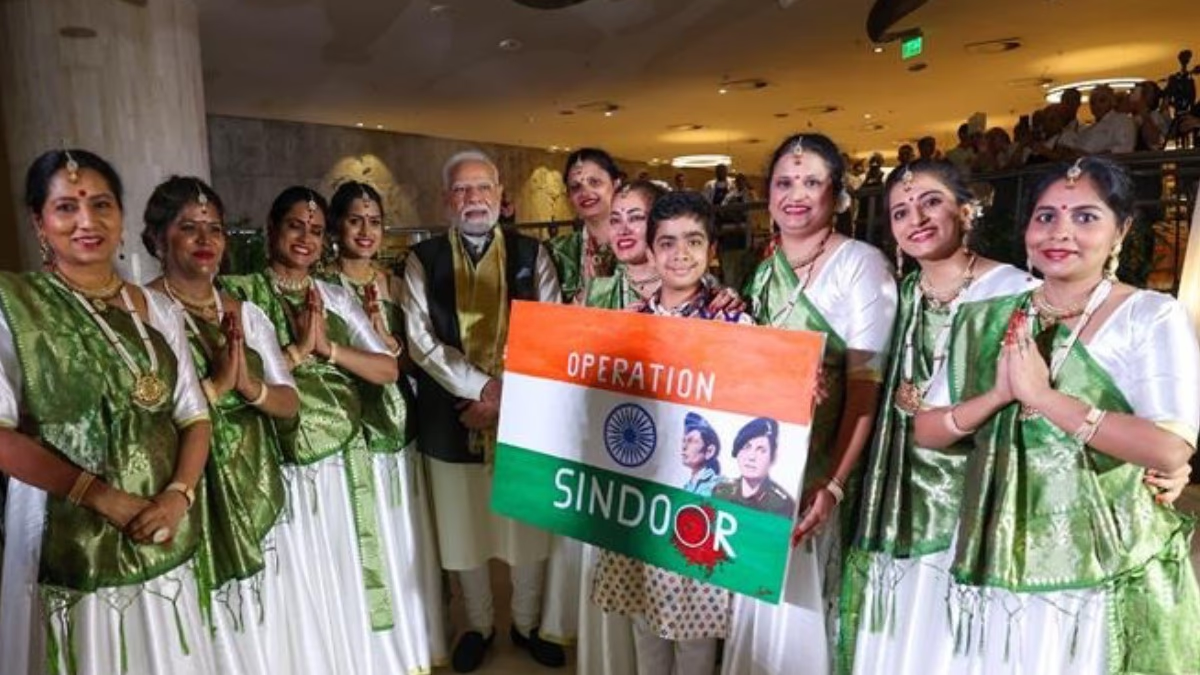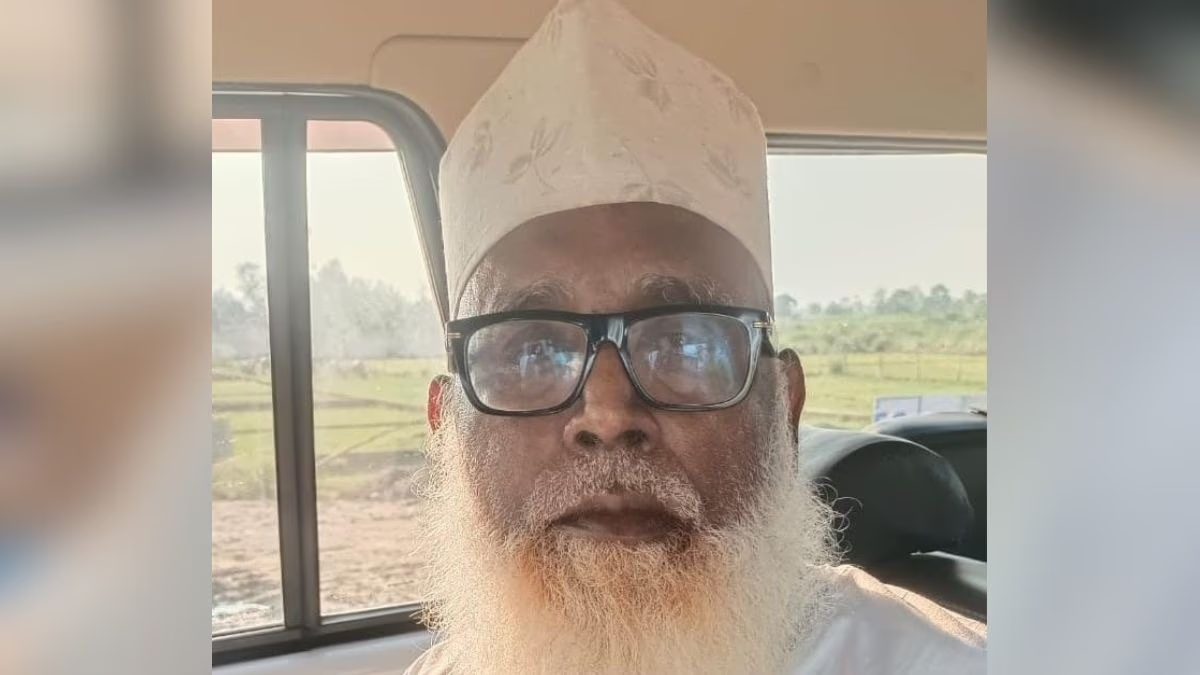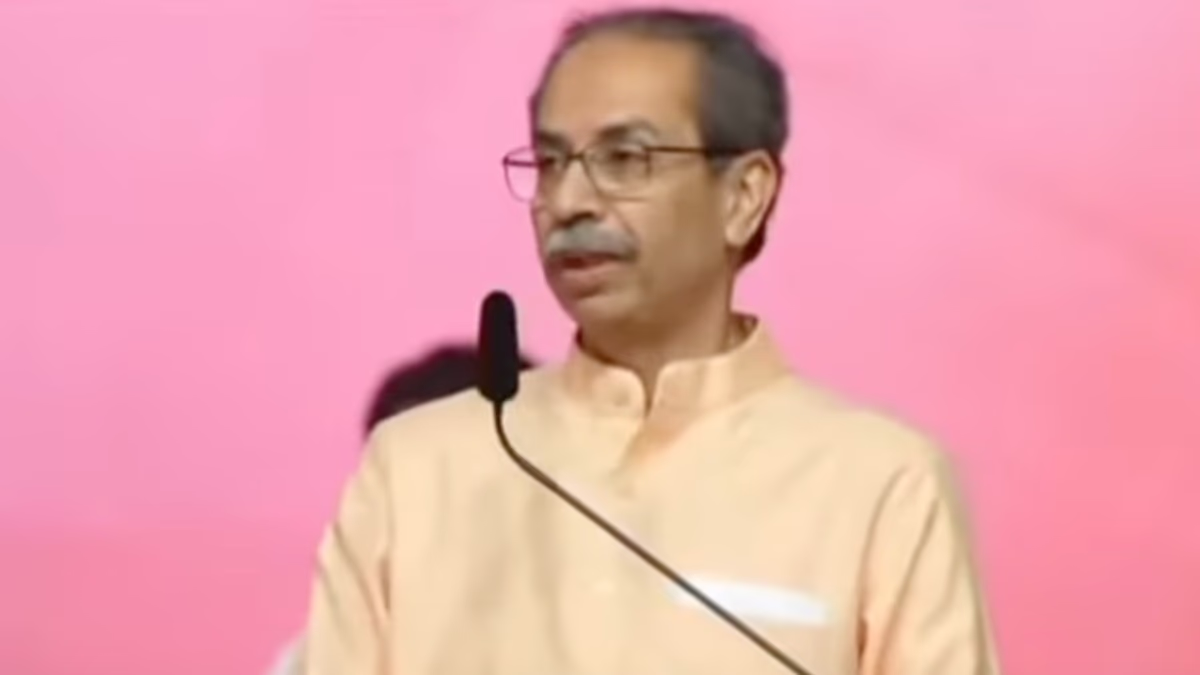The year was 1959, and the date was March 31. This day is marked in history as the time the Tibetan Buddhist spiritual leader, the Dalai Lama, entered India as an exiled Tibetan. On March 17, he left the Tibetan capital of Lhasa on foot, enduring a treacherous 15-day journey across Himalayan mountains, passes, valleys, and winding streams to reach the Indian border.
Having already left his monastery, the young 14th Dalai Lama decided he must leave due to constant Chinese attacks and witnessing the falling bodies of his Tibetan people.
The Dalai Lama's Overnight Escape from Tibet
The absence of news about the Dalai Lama and his entourage during their journey led many to fear for their lives. Accompanied by soldiers and cabinet ministers, they traveled at night to evade Chinese surveillance. Media reports at the time claimed that thick clouds helped conceal the Dalai Lama and his group due to the prayers of influential Buddhists and monks.
How Did the Situation Deteriorate?
Sixty-six years ago, what transpired, how did it unfold, and what were the circumstances? The Dalai Lama recounts this era in his autobiography with a note of deep sadness. In My Land My People, he writes that Tibet's situation worsened as Chinese intervention became more overt. Growing anger against China in Tibet created a volatile situation comparable to sitting on an emotional volcano. Amidst this chaos came our Monlam Festival.
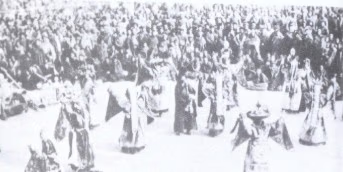
Source: aajtak
What Happened on March 1, 1959?
The Dalai Lama writes, 'March 1 marked the start of the Monlam Festival at the sacred Jokhang Temple in Lhasa. It was a special day, particularly for me, as I was taking my final metaphysics exam. Amid political turmoil, my religious education remained my core interest. Yet, an inevitable event unfolded. The Lama writes that 'in such turmoil, it would inevitably occur.'
Fears of the Dalai Lama's Abduction
Two junior Chinese officers visited me, demanding I attend the Chinese military camp's show. I suggested March 10 due to festival commitments. The officers' visit triggered suspicions and anxieties, as General's messages typically reached me through senior aides. Under Chinese rule, rejecting the invite posed risks, potentially provoking anger and repercussions.
Why China Wished to Invite the Dalai Lama Alone
On March 5, I moved to Norbulingka. This procession was normally elaborate, but Chinese absence sparked curiosity. On March 7, General's interpreter requested a date again, settling on March 10. On March 9, Chinese officials summoned my guard commander, Kusung Depon, with peculiar orders: no armed guards were allowed, and no Tibetan soldier could cross the Stone Bridge. This secrecy fueled mistrust. On March 9 night, rumors spread about a Chinese plan to abduct me.
Lamas Were Being Killed in Eastern Regions
The unauthorized announcement of my visit to Beijing and tales of lamas' execution were unsettling. On March 10 morning, 30,000 people gathered around Norbulingka, shouting anti-Chinese slogans. The unruly crowd's stone pelting on a minister and killing of a monastic official intensified the crisis. I informed the General I couldn't attend the event. My cabinet assured the crowd of my non-attendance at the Chinese camp. General Tan accused the Tibetan government of inciting unrest and threatened severe action. I found myself caught between two volcanoes: my people's rage and the Chinese military might. The Dalai Lama writes, 'My attempts for peace were heading into an uncertain future, unknown to anyone.'
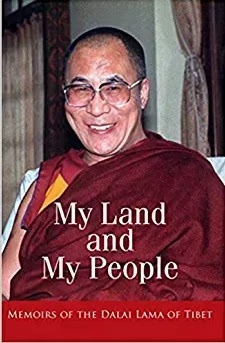
Source: aajtak
A Tense Atmosphere in Lhasa
The book vividly depicts this episode, rewinding to the tensions of 1959. The Dalai Lama meticulously narrates each incident, revealing the turmoil in Lhasa. He writes that the situation in Lhasa was extremely tense. A General announced, "It's time to destroy all reactionaries... our government was patient, but this is rebellion, and we'll act, so brace yourself." These words served as an ultimatum for my ministers, fearing immediate military retaliation if public dissent persisted. My ministers worried for my safety. They believed any harm to me would mean nothing would remain of Tibet.
The Dalai Lama's Palace Under Siege
Later that evening, General Tan Kuan-sen sent a letter to the Dalai Lama. This was the first of his three letters in the coming days. The Dalai Lama wrote that he responded to each one. China later published these letters as propaganda, claiming I wished to go with them for protection, but "ultraist factions" held me hostage at Norbulingka and took me to India. This was utterly false.
The Dalai Lama clarifies, 'When I left Lhasa, it was my decision, made in desperation. I was not kidnapped by my people; there was no pressure, except that every Tibetan in Lhasa saw that the Chinese were ready to bombard my palace, and if I stayed, my life was at risk.'
Mortars Fired on March 17
On March 16, General's third letter and a note from Ngabo warned me, "Little hope for peace," advising me to sever ties with popular leaders. He wrote, "Stay in the inner walls with a few trusted guards and inform General Tan of your location, then they'll ensure no harm to that building." This revealed China's intent to destroy the palace and crowd but save me.
On March 16 night, reports of Chinese cannons and military preparations circulated, spreading panic. Yet, people refused to leave Norbulingka. On March 17, two mortar shots heightened fear. My cabinet decided I must leave Lhasa immediately.
Ultimately, the Dalai Lama Left Tibet
The Dalai Lama writes, 'I said, "I have no fear of death. My religious teachings empower me to leave this body, but my people and officials didn't share my views. To them, the Dalai Lama embodies Tibet and Tibetan identity." Their concerns formed the basis for my decision. We planned a secret escape. Disguised as a soldier, I left Norbulingka at 10 PM. I bid farewell to my cherished garden, an oasis amidst mounting tension. Under the cover of night, I crossed the river, where horses and an escort awaited me. My family, cabinet, and guards accompanied me. Carrying only clothes and official seals, I left behind letters urging restraint: "Don't fire unless attacked." Thus, I departed Tibet to avert bloodshed.

